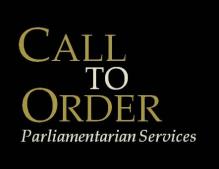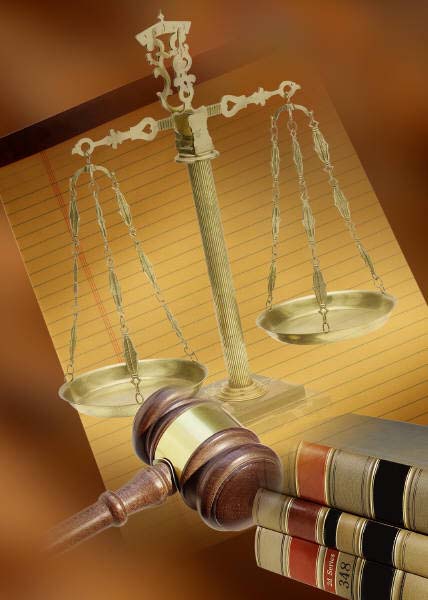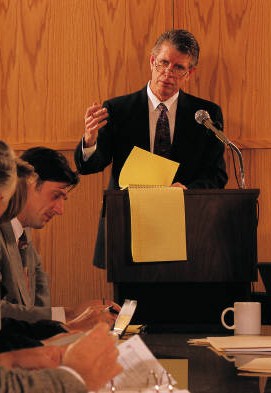In Mr. Smith Goes to Washington, the naïve Mr. Smith yields the Senate floor out of courtesy to a colleague, In doing so he loses his ability to debate on his legislation to prevent graft and corruption, Mr. Smith learned the hard way about the importance of knowing procedural rules. Officers and members of boards and and associations need to know the rules of order to achieve their goals and help their enterprises succeed. Our expertise includes:
- Meeting and Session Governance Services
- Presiding Officer Services
- Delegate Convention or Assembly Services
- Strategic Procedural Planning Services
- Bylaw Drafting, Review, and Revision Services
- Written Opinions Services
- Training Programs
Parliamentary procedure is a set of rules that govern the decision-making process in organized societies or associations. Often referred to as rules of order or Robert’s Rules, parliamentary procedure focuses the attention of a meeting on the specific questions at hand by limiting discussion to one question at a time until a final decision is made. Rules of order also dictate how an organized society makes decisions.
An organization, whether the organization is a small association, board, or division of a company or a large convention of delegates, should rely on parliamentary procedures to conduct meetings. Bylaws typically govern these procedures by identifying who runs meetings, how the agenda or program is set, and when meetings take place. Bylaws should also identify a manual of parliamentary procedure such as Robert’s Rules of Order that establishes rules and procedures for items not covered in the bylaws.

© 2011-2013 Call to Order Parlimentarian Service
Parliamentary procedure? What's that?


